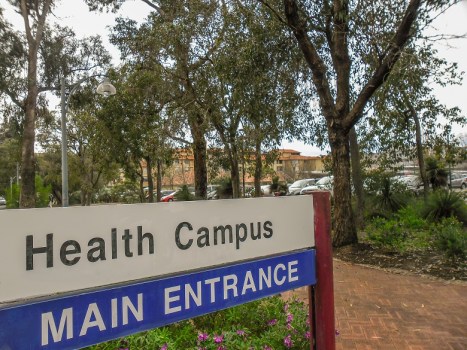
Local governments are playing a unique role in helping people to lead healthy lives, research shows.
In further evidence that councils’ remit is far beyond the “rates, roads and rubbish” perception, a new study shows Victorian local government is doing “significant work” in addressing the social determinants of health.
Victoria’s public health laws require councils to develop municipal health and wellbeing plans, which should “have regard” to the priorities in the State Government’s public health plan.
Previous research has shown that councils’ work often goes beyond the state’s priority areas, in an approach aligned with the World Health Organisation outline for how local government can address the social determinants of health outcomes.
Now a new analysis by researchers at Melbourne School of Population and Global Health suggests health departments should be more “aware of and responsive” to councils’ work in the area.
“This could be enabled via state health departments consulting closely with local government about its priorities, or in the case of Victoria, via a four-yearly review of the disparity between state and [municipal] priorities,” they say.
The study, which is based on interviews with 16 local government professionals responsible for the development of municipal health and wellbeing plans, found that councils have a “high level of organisational efficiency to improve community health.”
All the council professionals said that health was significantly socially determined and many believed that “virtually everything local government does” plays a role in creating health and wellbeing.
Given that a broad range of policy areas determine health – from the provision of parks and open spaces to aged services and environmental management – most respondents felt that local government had “significant responsibility and potential as an agent of public health.”
However, many of the local government professionals spoke of the need to continually educate councillors about the importance of addressing the social determinants of health.
One respondent told the researchers:
“The comment a few years ago from our councillors was: ‘We don’t do health; that’s not part of what we do’. But you break down the services within council, and we’re very much health and wellbeing focused.”
Other council staff reported that such a public health focus wasn’t always appreciated by stakeholders, with some advocating more traditional individual-level behaviour change approaches instead.
Councils need support
In many cases local government is striving to “punch above its weight” to improve social determinants of health outcomes, according to the findings published in the Australian and New Zealand Journal of Public Health.
But if local government’s potential as “an enthusiastic and locally savvy agent of public health” is to be maximised it will need continued support from state government, the researchers say.
“This should be in the form of adequate resourcing and training of local government councilors and staff in non-health areas.”
In particular, the researchers point to resources such as those that have been provided by the Municipal Association of Victoria to newly elected representatives.
Comment below to have your say on this story.
If you have a news story or tip-off, get in touch at editorial@governmentnews.com.au.
Sign up to the Government News newsletter.

